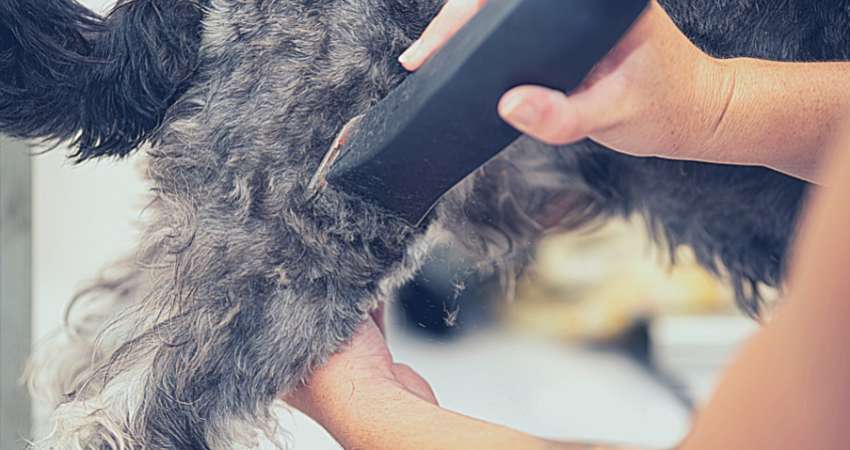
Corded Vs Cordless Dog Clippers: Which One Should You Use 2023?
Corded Vs cordless dog clippers of comparison, including the pros and cons of each. Learn which type of clippers is best suited for your needs, from budget to convenience. Find out which type of clippers will give you the best results for grooming your furry friend. Dogs with long and fluffy coats can be difficult…


![Do Dog Nail Clippers Get Dull? [Preventing Tips]](https://www.doghawk.com/wp-content/uploads/2022/11/Do-Dog-Nail-Clippers-Get-Dull-1.jpg)



